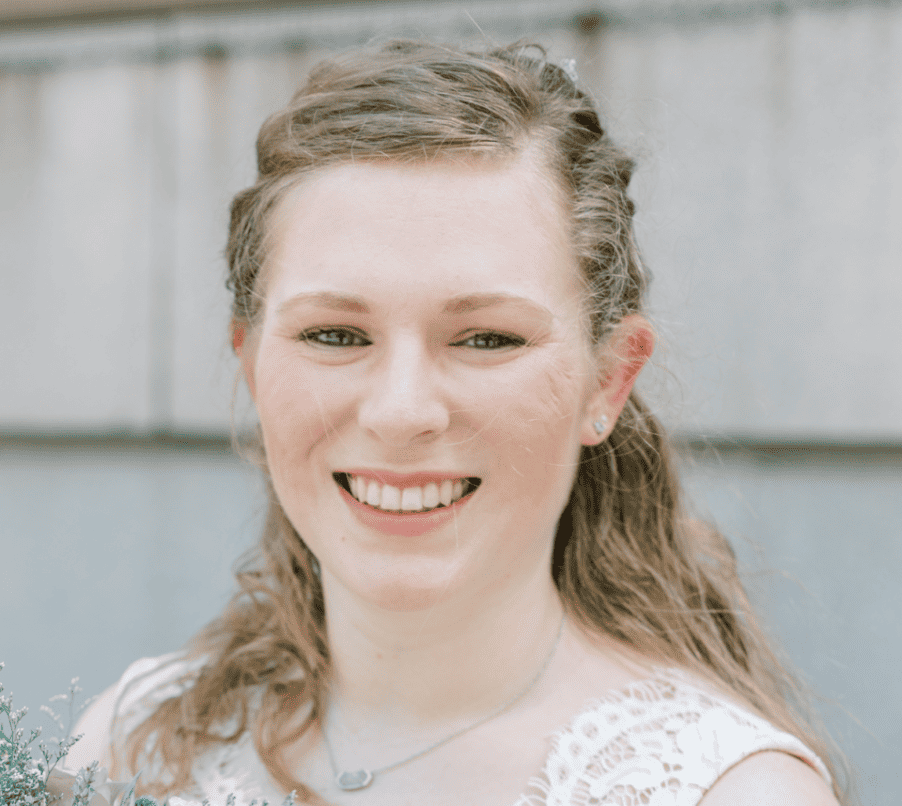CD8 T cells are critical components of anti-tumor immunity through their release of cytokines and direct killing of malignant cells. Unfortunately, cancer can develop in tissues with low T cell surveillance and tumors diminish T cell responses via chronic stimulation-induced exhaustion. Dr. Matson and colleagues developed a model in which CD8 T cells were repeatedly stimulated over time while still maintaining function. When these ‘superboosted’ cells are exposed to chronic stimulation, they survive and function much longer than other T cells, suggesting adaptations to subvert exhaustion. Moreover, superboosted T cells recirculate through different tissues of the body in the absence of infection; a skill that other T cells typically lack. Dr. Matson’s proposal will explore two unique programs of superboosted T cells: their ability to maintain function under chronic stimulation and their ability to recirculate through tissues. First, she will dissect molecular programs that resist cancer-associated exhaustion, identifying potential novel strategies for engineering adoptive cell therapies to generate durable T cell function. Second, she will evaluate the receptors necessary for organ and tumor migration to provide strategies for targeting T cells to specific areas in the body. Investigating these adaptations of superboosted T cells provides a unique opportunity to discover cellular mechanisms for maintaining T cell function and recirculation, two hurdles successful immunotherapy must overcome.
Projects and Grants
Defining exhaustion resistance and global surveillance programs in T cells
University of Minnesota | All Cancers | 2023 | David Masopust, PhD

